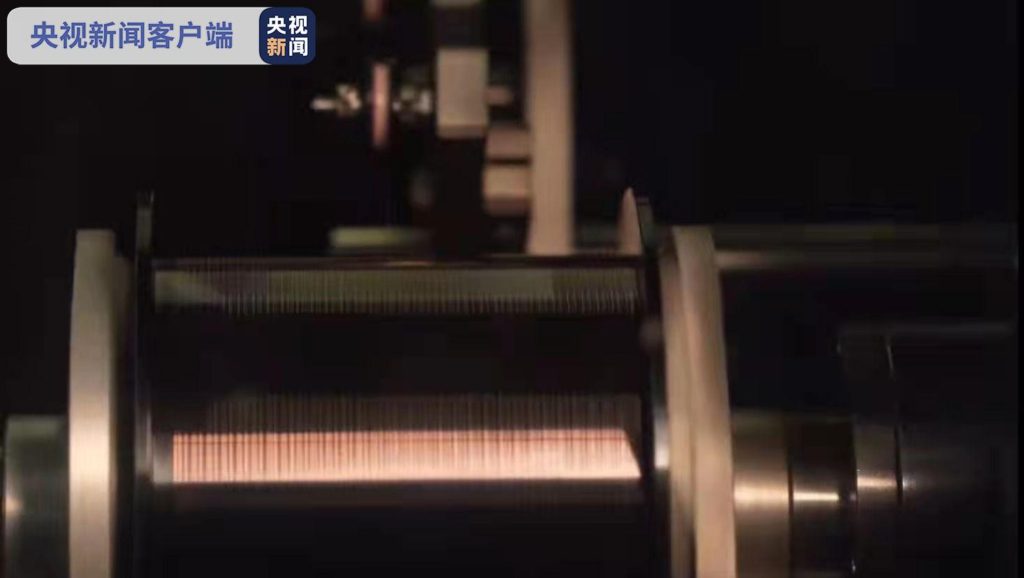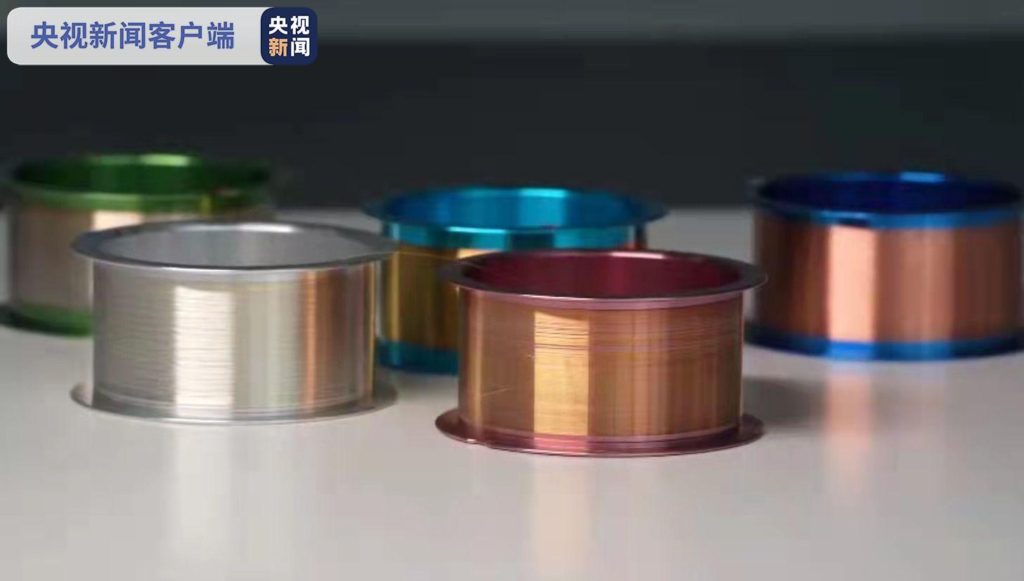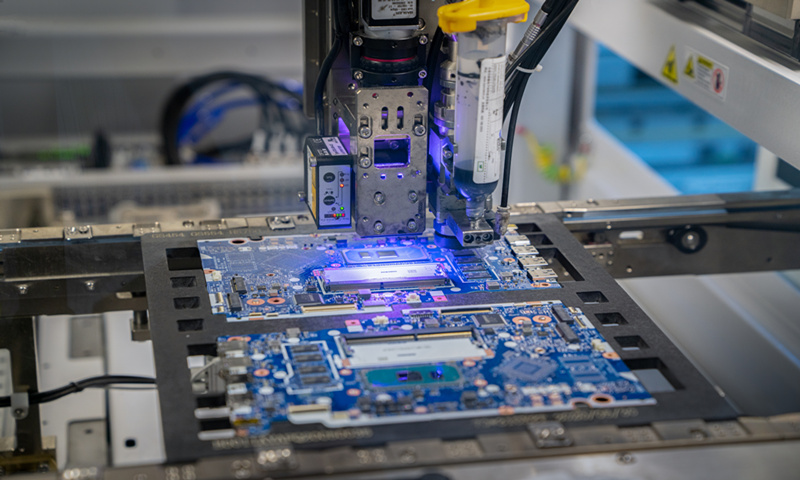剑桥大学再遭抨击“亲中” 校长的回应很得体
文章来源: LTN
10/02/2021
英国剑桥大学近来数次遭揭露与中国政商网络过从甚密。校长杜思齐今天一方面承诺将采取作为避免学术自由及国家安全遭侵害,另一方面指出中国的集权和耀武扬威作风并非特例,西方仍应与不符自身价值观与规范的国家进行学术合作。
杜思齐(Stephen Toope)强调,国际合作是克服气候变迁、全球疫情等艰钜挑战的唯一出路。剑桥大学将在发展国际合作的同时,对复杂的潜在风险“睁大眼睛”。
英国许多大学院校近10年都面临同样的难题:如何在发展财务、国际学术合作、确保言论自由,以及防范国安威胁之间取得平衡。国会外交委员会主席图根哈特(Tom Tugendhat)、保守党籍议员史密斯(Iain Duncan Smith)等人屡次示警,英国各大学院校太过依赖中国资金。
加拿大籍的法律与人权议题学者杜思齐2017年10月成为剑桥史上第一位非英国籍校长时,各界十分期待他给这所有800多年历史的大学带来新气象。然而,在杜思齐治下,剑桥大学风波不断,包括遭揭露收受有北京撑腰的中资企业大笔挹注、允许华为渗透校园发展人脉等。
杜思齐上月底宣布将在明年9月离任,较往例的7年校长任期提早两年下台。英国媒体报导,剑桥大学不少教职员对他提早离任表示欢迎。
他今天在剑桥大学官网介绍新制定的国际合作纲领,宣称纲领将协助学者避免涉入足以威胁国安或学术自由的计划。此外,校方将检视既有国际合作协议,确认内容保障学术自由;校方也将采取作为,以减少智慧财产遭窃取,以及机敏资料或技术遭恶意使用的风险,并将加强审查各项资金来源。
然而,杜思齐也强调,西方若想伸张自身价值观,就应与各界维持合作和互动,而非自我绝缘于困难形势之外。“大学院校不能、也不应无视紧张的地缘政治情势,但不能因此被孤立”,杜思齐说,类似道理也适用于英国的对外政策。
值得注意的是,英国政府今年5月曾宣布成立专责小组向国内各学术机构提供机密咨询服务,以协助避免涉入隐含国安风险、恐导致智慧财产遭窃取的国际研究合作。其中,中国企业和各单位是被特别关注的“恶意行为者”。根据规划,专责小组将于10月开始运作。
中国实现芯片生产关键性原材料量产 官方:重大突破
文章来源: 央视新闻
10/02/2021
今天(10月2日),中国首条单晶纳米铜智能加工生产线在温州平阳投产。这标志着芯片制造关键材料——单晶纳米铜——实现国产化量产。单晶纳米铜,成品直径为13微米,约为头发丝十分之一细,是集成电路半导体封装的关键材料。

以往中国的半导体关键材料大部分来自进口,且原材料是贵金属金或者银,价格昂贵,成为制约中国芯片生产的“卡脖子”难题之一。

这次单晶纳米铜的技术突破,实现了用铜基新材料替代其他贵金属,大幅降低成本,价格较国外同类产品降低近五成。
这个原材料主要应用在通信、汽车领域以及医疗和工控领域的芯片上。目前平阳生产基地年产能为500万卷轴,达产后将满足国内相关行业约10%的使用需求,为中国集成电路“打破封锁、代替进口”的目标贡献力量。
China claims chipmaking breakthrough with mass production of key material just 1/10 width of a human hair
By Global Times
10/02/2021

A smart assembly line for the manufacturing of nanometer mono-crystalline copper, the first of its kind in the country, became operational in Pingyang county in Wenzhou, East China’s Zhejiang Province on Saturday, according to Chinese state broadcaster, signaling that a key material in chipmaking has entered mass production locally.
The finished product of nanometer mono-crystalline copper, with a diameter of 13 micrometers, merely one-tenth of the width of a human hair, is a pivotal material used in semiconductor packaging. The country has previously relied on imports for the majority of key semiconductor materials, with raw materials – pricey precious metals such as gold and silver – becoming one of the neck-choking challenges for the country’s chipmaking, the state broadcaster reported.
The nanometer mono-crystalline copper breakthrough enables the replacement of other precious metals by new copper-based materials, substantially reducing the cost as the newly mass produced offering carries a price tag that’s nearly 50 percent lower than its peer products in overseas markets.
The raw material is mainly applied in chips used in telecommunications, vehicles, healthcare and industrial control.
Presently, the manufacturing base in Pingyang boasts an annual production capacity of 5 million reels. If running at full capacity, the base will be able to meet about 10 percent of the national need, thereby contributing to the country’s push for blockade breaking and import replacement in integrated circuits, the Saturday report said.
Global Times



